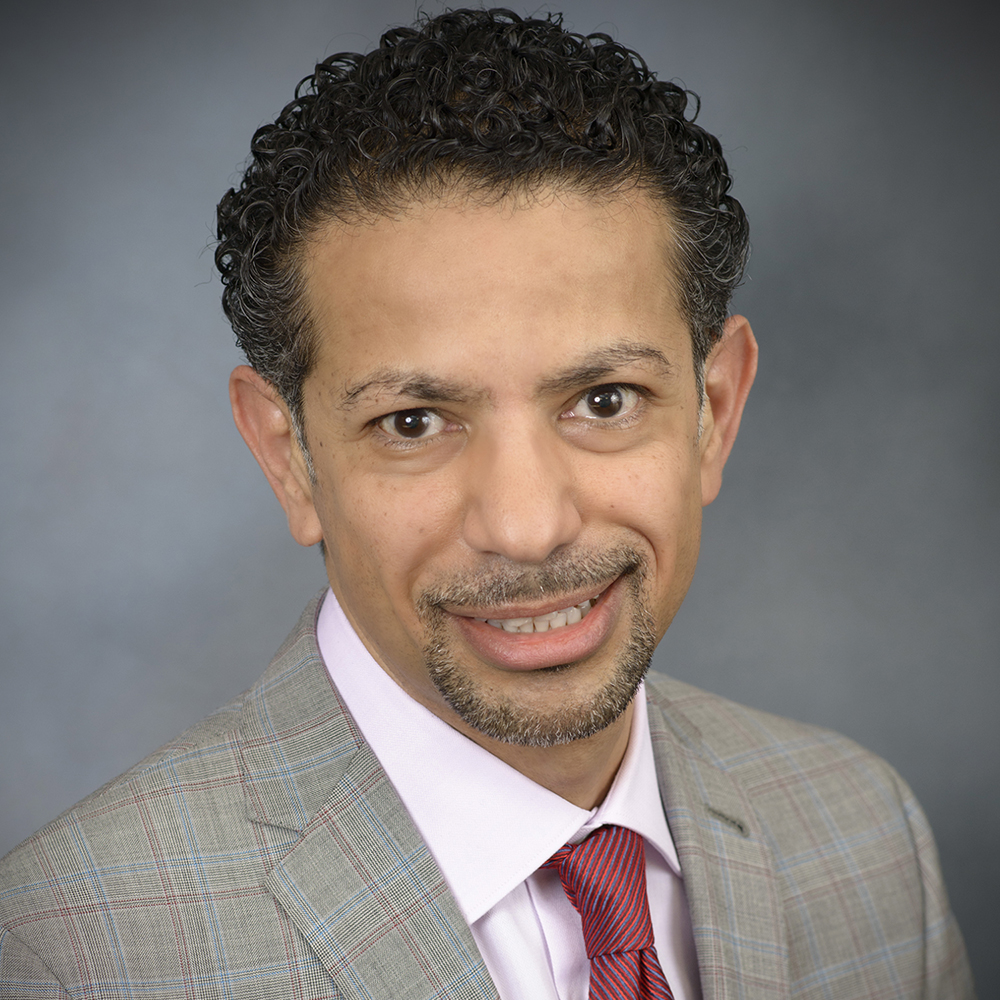
Sen. John McCain’s diagnosis is bleak, but not hopeless, because of a recent development known as personalized medicine.
Personalized medicine holds the key to the tests that pathologists will be conducting this week and beyond. While glioblastoma tumors appear identical under the microscope, genetics determine a patient’s course of treatment.
Personalized medicine today allows for the classification of glioblastomas into two main categories based on their genetic makeup. About 90 percent of glioblastomas are “bad actors,’” usually with survival periods under one year while the remainder of patients may live for about five years or longer.
Glioblastoma is a tumor that starts in the brain. It affects glial cells, which are glue-like cells that surround neurons. Glioblastoma tumors are especially hard to treat because they aren’t contained in a defined mass with clear borders. Instead, the tumor includes thread-like tendrils that extend into nearby areas of the brain, rendering the task of complete surgical resection virtually impossible. Chemo- and radiation therapies present the patient with additional treatment options.
That is why personalized medicine, with its emphasis on the patient’s tumor genetic makeup and practiced by a pathologist, is important in treating glioblastoma tumors.
In addition to rendering the diagnosis of glioblastoma, the role of the pathologist is to determine to which genetic group a patient belongs. While these tumors appear identical under the microscope, a tumor’s response to therapy and subsequently its clinical behavior differs from one patient to another depending on certain molecular characteristics.
Through molecular testing, the laboratory is able to predict which tumors will respond better to certain chemotherapeutic and radiation therapies.
Read more about a therapy for patients with recurrent glioblastoma.
If you need a physician, visit www.uoflphysicians.com/patient-care/find-physician or request an appointment online at www.uoflphysicians.com/request-appointment.









